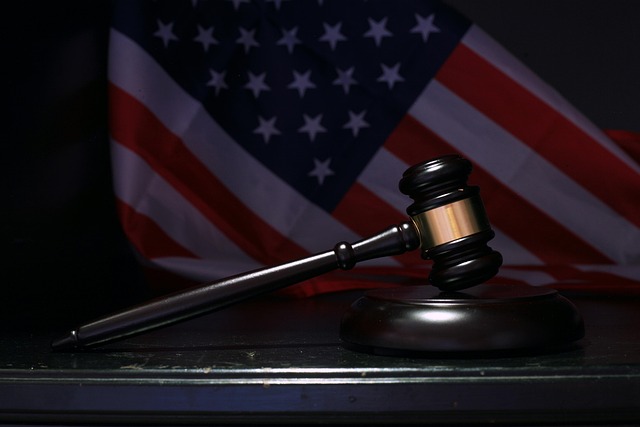RF Regulatory Agencies play a crucial role in navigating complex legal challenges in healthcare, focusing on common issues like safety limits, labeling, and data security. They investigate violations, provide guidance, and collaborate with manufacturers to ensure compliance, thus fostering innovation while maintaining patient safety. Understanding common legal issues in healthcare regulation is vital for organizations facing inquiries, requiring strategic engagement of legal teams to protect interests and balance regulatory integrity with provider rights.
“RF Regulatory Agency investigations play a critical role in maintaining the integrity of healthcare technologies, ensuring they meet safety standards. This article delves into the pivotal functions of these agencies, shedding light on common complaints and violations that trigger inquiries. It also explores strategic legal approaches to effectively navigate RF regulatory processes, addressing key considerations for healthcare providers facing such investigations. Understanding these dynamics is essential for managing common legal issues in healthcare regulation.”
- Understanding RF Regulatory Agency Roles in Healthcare
- Common Complaints and Violations Leading to Investigations
- Legal Strategies for Navigating RF Regulatory Inquiries
Understanding RF Regulatory Agency Roles in Healthcare
RF Regulatory Agencies play a pivotal role in ensuring the safe and effective use of Radio Frequency (RF) technologies within healthcare settings. These agencies are tasked with navigating complex legal issues in healthcare regulation, such as ensuring compliance with standards for medical devices that utilize RF energy. Common legal challenges include managing safety concerns related to exposure limits, proper labeling, and performance testing. For his clients, whether they are corporate entities or individual practitioners, regulatory compliance is crucial to avoid penalties and maintain public trust.
The RF Regulatory Agency’s role involves monitoring the market for non-compliant devices, conducting investigations into potential violations, and issuing guidance to healthcare professionals. They collaborate closely with manufacturers to ensure that products meet established safety standards. This proactive approach not only safeguards patients but also fosters innovation by providing a framework within which medical technology can safely evolve, addressing emerging issues related to RF exposure as they arise.
Common Complaints and Violations Leading to Investigations
In the realm of healthcare regulation, RF Regulatory Agency investigations often arise from a range of common legal issues and complaints. These can include violations related to patient privacy, data security breaches, non-compliance with safety standards, and unethical business practices. Healthcare providers, despite their best efforts, may face allegations that stem from administrative errors, malpractice, or even intentional misconduct. For instance, unauthorized disclosure of patient records or failure to obtain necessary permits for new medical facilities can trigger regulatory scrutiny.
The RF Regulatory Agency’s investigative process is designed to ensure fairness and accuracy in addressing these common legal issues. A general criminal defense strategy may become relevant if charges are filed, but the agency’s primary focus is on non-criminal violations. Its unprecedented track record in resolving such cases underscores its commitment to maintaining high standards within the healthcare sector.
Legal Strategies for Navigating RF Regulatory Inquiries
Navigating RF Regulatory inquiries requires a strategic approach, especially in the healthcare sector where common legal issues intertwine with complex regulations. Healthcare providers must be adept at understanding and addressing potential violations to ensure compliance and mitigate risks. A robust legal strategy involves recognizing and challenging any vague or overly broad interpretations of regulations that could lead to unwarranted investigations.
By employing a knowledgeable legal team, healthcare organizations can protect their interests throughout all stages of the investigative and enforcement process. This includes proactively identifying potential gaps in compliance and developing arguments to support complete dismissal of all charges related to RF regulatory matters. Furthermore, understanding the nuances of white-collar and economic crimes is paramount, as these investigations often require a delicate balance between upholding regulatory integrity and safeguarding the rights of healthcare providers.
RF Regulatory Agency investigations into healthcare entities can stem from a variety of common legal issues, such as compliance violations and patient safety concerns. By understanding the roles of these agencies and implementing strategic responses to inquiries, healthcare providers can effectively navigate these processes. Awareness of potential violations and proactive legal strategies are key to mitigating risks and ensuring compliance with RF Regulatory standards, ultimately fostering a robust healthcare environment.






